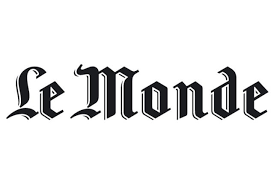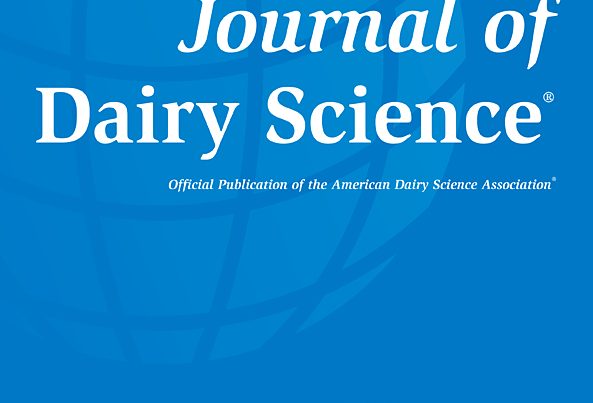Document type : article published in Le Monde (subscriber edition)
Author: Laurence Girard
Preview: Since Friday [Editor's note: Thursday, November 10, see Press release from the French Ministry of Agriculture and Food SovereigntyWith a few exceptions, poultry must be kept indoors as a preventive measure throughout the country. [...] The [avian flu] virus indeed made its reappearance on French farms the end of July. As of November 8, 49 outbreaks had been identified, the most affected departments being the Vendée and Maine-et-Loire. Approximately 770,000 birds have been slaughtered as a preventive measure.
In the face of this fresh outbreak, the French Ministry of Agriculture, citing "an unprecedented persistence of the virus in the environment and strong migratory activity of wild birds", has decided to raise the alert level for avian flu to high. While measures had already been taken in the affected areas, the knife then fell across the entire country on Friday November 11. From this date, all poultry must be kept indoors.
Hefty bill for the State
Already, a year ago, this measure was required by law on French farms. The circumstances were not fortunate. From November 2021 to May, France suffered an epizootic outbreak of bird flu of unprecedented proportions. Not only was this the fourth spread of the virus since 2015 in the Southwest, the heart of foie gras production, but it also hit the Great West region, particularly in the Vendée, Loire-Atlantique and Maine-et-Loire.
This region has strategic importance, being considered to be second only to Brittany as a hub of poultry and egg production and, above all, acting as the nerve center for all French poultry genetic lines. As a result, the health crisis has been catastrophic, with an estimated 1,378 cases and more than 20 million ducks, hens, turkeys and guinea fowl having to be culled. The bill for compensation of the sectors involved is a very heavy one for the government, expected to amount to 1.1 billion euros.
This time, the amount of compensation for farmers was to be conditional on compliance with the rules for confinement of the birds and biosecurity. And there are few exemptions. "Self-sufficient farms of less than 1,500 ducks are permitted to erect a net over a run adjacent to the building," explains Marie-Pierre Pé, Director of the Comité interprofessionnel des palmipèdes à foie gras (Cifog). [end of section available to non-subscribers]






